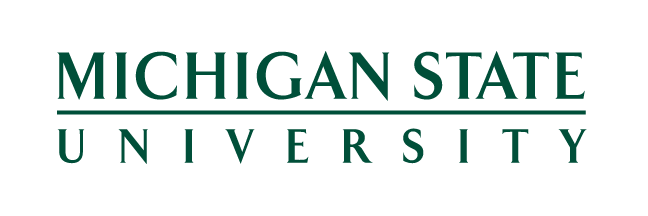Katharine Strunk
Co-Director EPIC, Michigan State University
Joshua Cowen
Co-Director EPIC, Michigan State University
Chris Torres
Affiliated Faculty, EPIC, Michigan State University
Jason Burns
Michigan State University, EPIC
Sandy Waldron
Michigan State University, EPIC
Amy Auletto
Michigan State University, EPIC
A Research Report from EPIC
Partnership Turnaround:
Year One Report
October 2019
This is the first of four annual reports produced by EPIC examining the implementation and impact of the Partnership Model. The purpose of this report is to provide an overview of the reform’s implementation across the state, as well as an analysis of student academic outcomes through the first year of Partnership implementation (2017-18).
Michigan’s Partnership Model of school reform was launched in the Spring of 2017 to support the state’s lowest-performing schools and school districts. This Partnership Model focuses on building capacity to improve student outcomes by fostering a coalition of partners from the Michigan Department of Education (MDE), intermediate school districts, and local communities. To examine the implementation and impact of Partnership through its first year, we relied on a mixed-methods approach that draws on numerous sources of data, including: administrative records of students and teachers from the Michigan Department of Education (MDE) and Michigan Education Research Institute (MERI); surveys of teachers and principals who work in Partnership districts; analyses of Partnership districts’ improvement plans; and interviews with teachers, leaders, policymakers, and community stakeholders involved in this reform. These sources of data allowed us to examine the roll-out and impact of the Partnership Model along a series of dimensions.
Results suggest that students in Partnership districts experienced meaningful achievement gains after the first year of Partnership implementation and that these gains were especially strong in the Detroit Public Schools Community District. Additionally, we found higher rates of teacher retention and teacher hiring in identified Partnership schools after the first year of implementation.
At the same time, we found that Partnership schools and districts faced significant challenges in improving student outcomes. Among these was the fact that the students served by these schools and districts were among the most disadvantaged in the State of Michigan. Additionally, while teacher retention and recruitment has improved in response to Partnership, significant challenges remain for Partnership districts and schools around recruiting and retaining high-quality teachers, which are central to their improvement efforts.




